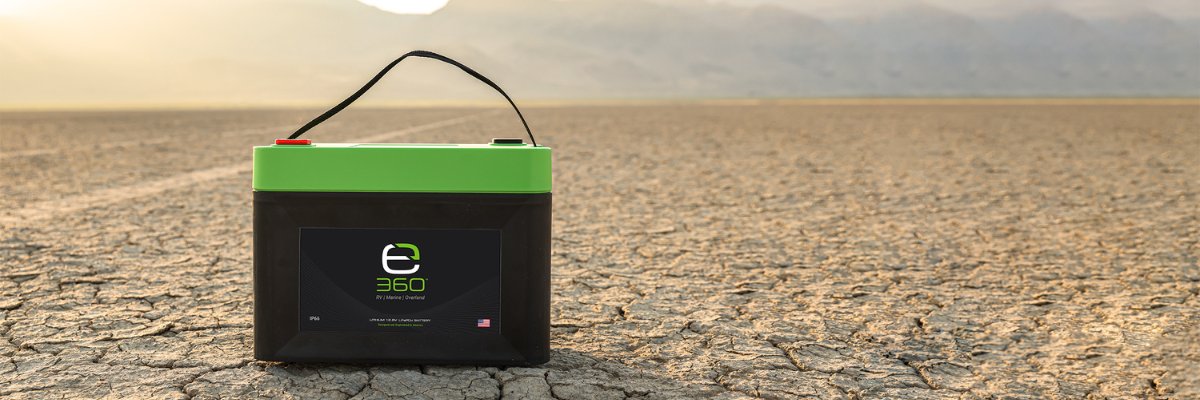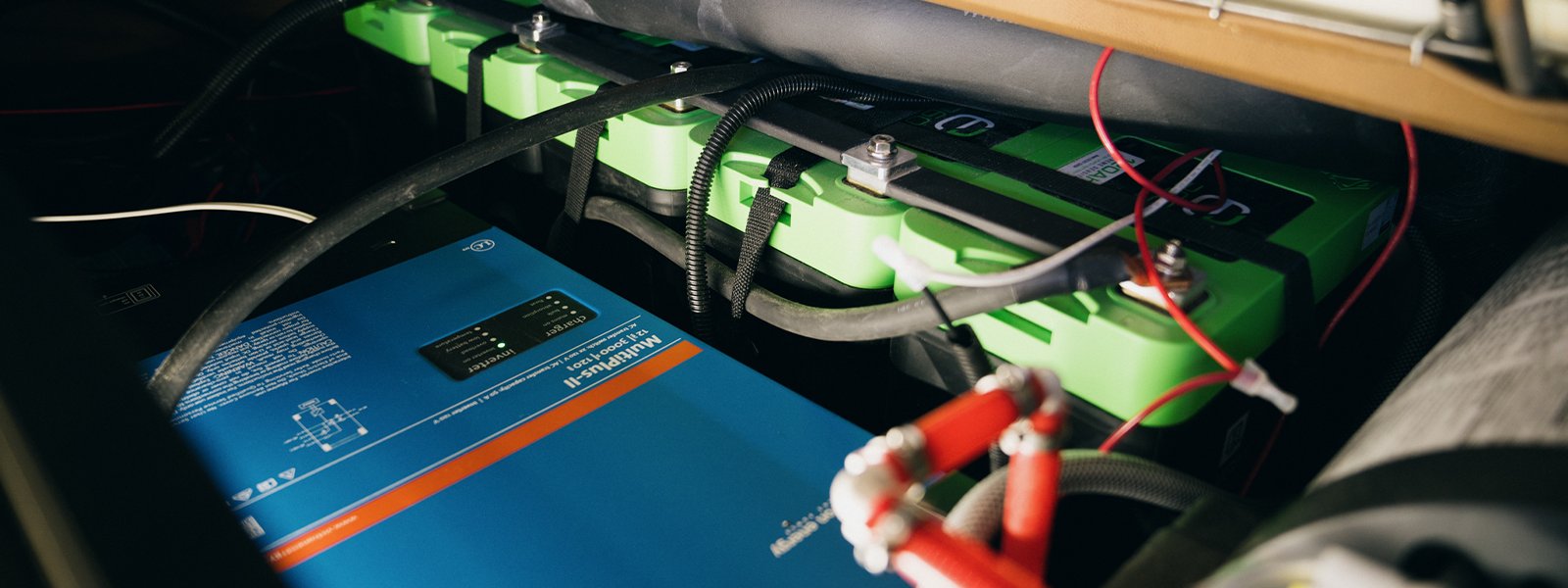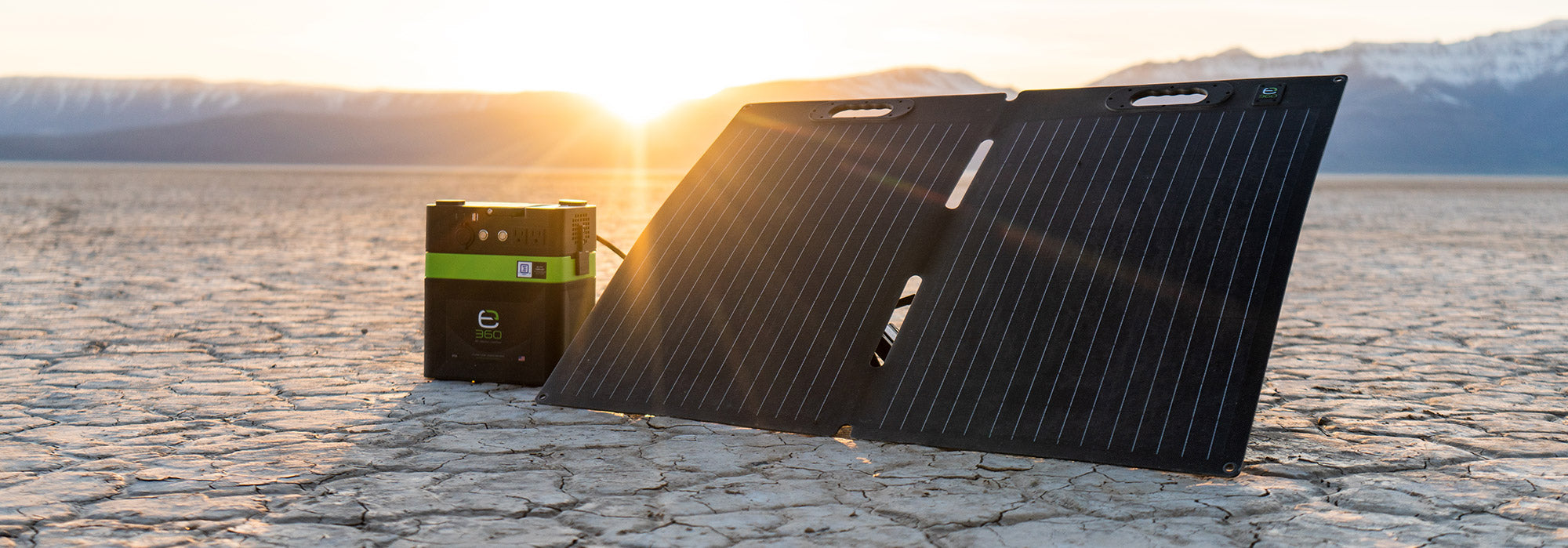Expion360 to Build Lithium Battery Facility Dedicated to RVs
Author: Cean Burgeson | View Article
Expion360 Inc., (XPON)-Nasdaq maker of lithium batteries and accessories for recreational vehicles, outdoor, marine, residential and industrial applications, has announced plans to build a large-scale lithium cell manufacturing facility in Redmond, Oregon, where the company is based. The proposed plant has the potential to produce up to 500,000 Type 26650 lithium battery cells per day.
“Our focus is to better control our supply chain domestically,” Expion360 CEO John Yozamp told RVBusiness. “We’re also going to have a line dedicated exclusively to RV and Marine battery production in the new facility.”
Bringing the sourcing of components and manufacturing back to the U.S. is a trend many companies are starting to embrace as they work to solve supply chain disruptions and constraints caused by COVID and geopolitical conflicts like the war in Ukraine. The new plant will also create hundreds of new jobs domestically.
“As other battery manufacturers build up their U.S. operations, it will put a constraint on domestic supply chains and there will be more competition for those resources,” said Yozamp, “so it’s important for us to get ahead of this future ‘market crunch’ and have our own domestic component supply and manufacturing operations poised and ready for that change.”
Expion360 expects the engineering plans and site planning of the facility to begin before the end of this year. The company is currently in the initial phases of designing of the facility and securing the necessary funding. The cost associated with the construction of the plant is approximately $450 million, and Expion360 plans to utilize a combination of equity, debt and federal grants to pay for the construction project.
“The launch of this large-scale factory project is a major step both for Expion360 and other companies in the U.S. that would benefit from a domestic source of 26650 cylindrical lithium-ion batteries,” said Yozamp. “The biggest constraint for clean energy power and electric mobility manufacturers today is their supply chain and the sourcing of lithium-ion batteries. We intend to alleviate these constraints with our new mega battery factory.”
China is currently the world leader in the global lithium battery supply chain, with it controlling more than 70 percent of the total lithium-ion battery manufacturing capacity globally. This new, large-scale factory is anticipated to meet the growing demand for lithium batteries and reduce reliance on foreign manufacturers as the U.S. continues its transition toward a clean energy economy.







